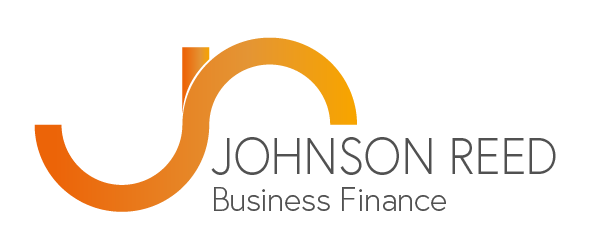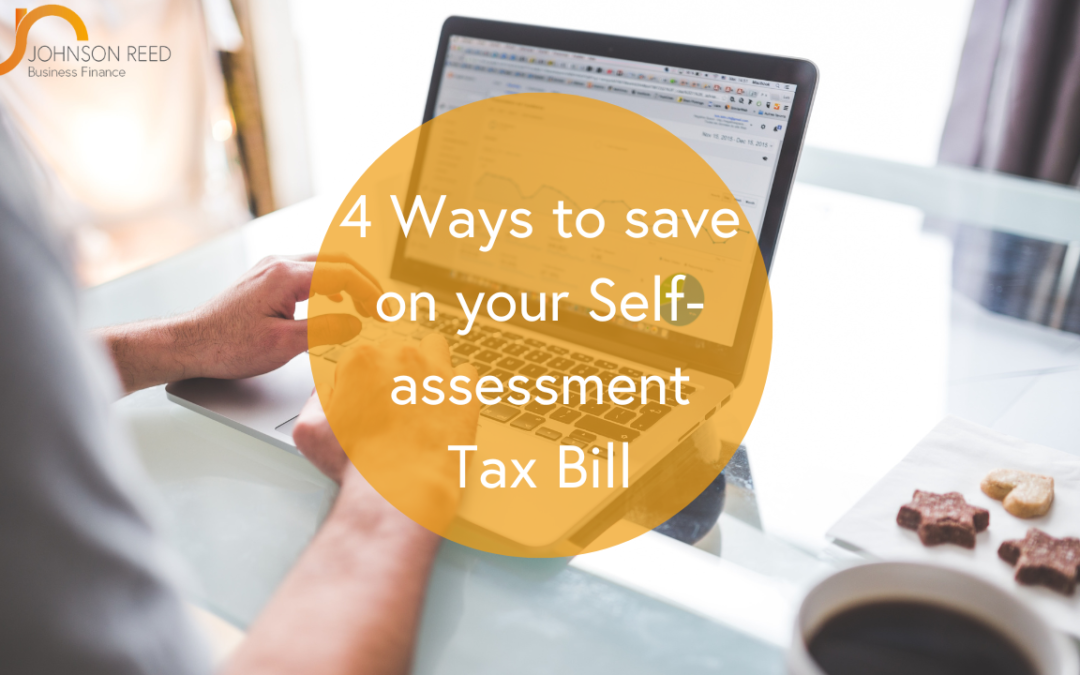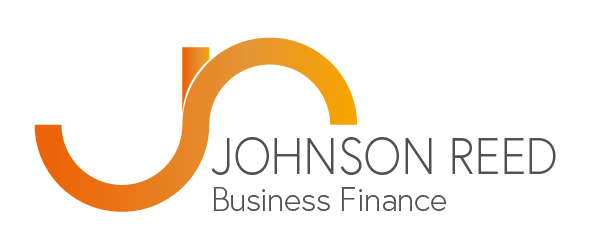4 Ways to save on your Self-assessment Tax Bill
There is a huge knowledge gap when it comes to finding out which expenses you can claim on your self-assessment tax bill, which leads to a lot of people paying more money than they need to.
In November 2022, ‘Which?’ surveyed 881 people who are eligible to submit a tax return. The results were shocking in that 6 in 10 people didn’t know they can make changes to their tax return after submission and 6 in 10 wrongly believe they must show proof to every expense they claim.
Remember, you have until the 31st of January to submit your tax return online and make the payment. Penalties may incur for those who miss the deadline including higher interest charges this year. So, don’t follow the footsteps of over 2 million people last year who missed this deadline, and follow these tips to save money on your tax bill.
1.Reclaim overpaid taxes
Some people over the year were hit with an income fall and may discover they have been taxed more than they should. Self-employed taxpayers can claim tax refunds through self-assessment. When completing your return, you should be told that you’ve overpaid. You will then have the option to select how you would like the money to be paid back to you either via bank transfer, or having the possibility to put that money towards your next tax bill.
If the overpaying is down to a mistake made on your self-assessment, the first step is to correct the relevant tax return. This can be done through the government self-assessment portal.
2.Don’t forget your expenses
Legitimate tax expenses are deductible from your taxable income by HMRC. These can include, but are not limited to: Office running costs, travel and transport, work uniforms and energy bills. If you work remotely, you are able to claim on bills for the time you are working and the part of your home you work from. Usually, you may elect to deduct the actual expenses but you can also use a “trade allowance”. This deducts £1,000 from your gross self-employment income, however if used, you will not be able to claim on any actual expenses you’ve incurred.
3.Take full advantage of allowances and reliefs
Making the most of these tax reliefs can end up knocking significant sums off of your bill.
Tax relief on pension’s contributions
If you contribute to a workplace pension, your employer may apply full tax relief for the tax rate you pay before you get your cheque. However, if your employer uses a “relief at source” approach, you will only receive basic-rate tax relief. If this is the case, higher and upper-rate taxpayers can claim the extra via their tax returns.
Tax relief on financed equipment
If you have used a leasing service for equipment or assets in your company, then the cost of this is fully tax-deductible from your self-assessment. This can remove a considerable amount off the bill which can assist with facilitating cash flow relief for your business.
For more information on our leasing services click here.
Tax relief for charitable giving
If you have made Gift Aid declarations when giving to charity, you can use your tax return to claim back the difference between the basic tax rate and rate you pay. It can be easy to forget how much you have given, so check your bank statements carefully.
4.Pay your tax bill on time
Fines will incur if you miss the 31st of January deadline.
Unless you have a HMRC classed “reasonable excuse” such as the death of a partner of an unexpected hospital stay, failure to file will mean consequences of a steep penalty. You may be charged interest from the date the payment was due, with that interest currently set at 6%.
Conclusion
JR are experts at securing your business finance. If you require a business loan to help finance your self-assessment tax bill (yes you can do this!) or an equipment leasing agreement to make it fully tax deductible, don’t hesitate to get in touch and be proactive with just over a week left until the deadline.
For more information on how we can assist, click here.


